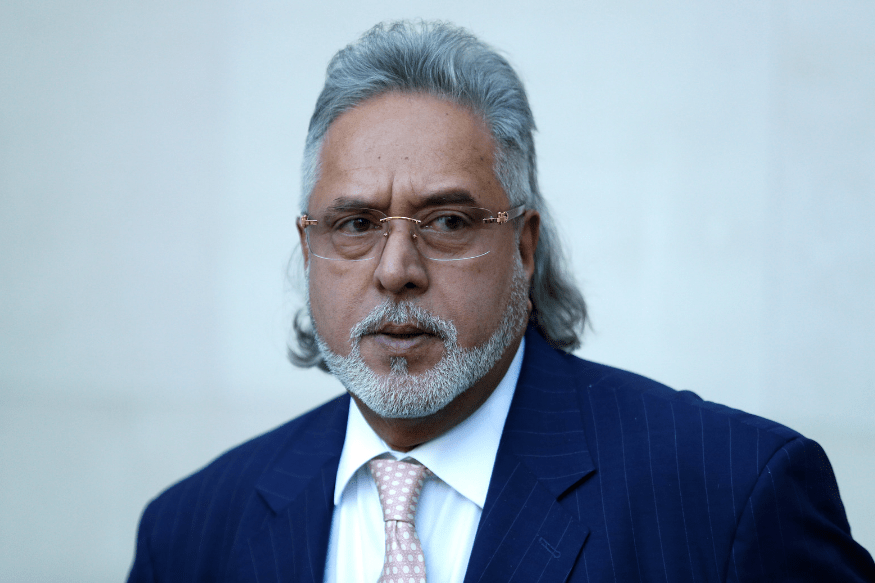The Delhi High Court recently held that the disclosure of elaborate reasons for government orders intercepting communications could affect intelligence gathering, and in such cases the law of the land weighs in the favour of the public interest over individual interest [Santosh Kumar vs. Union of India & Anr.].
While dismissing the plea challenging an order passed by the Home Ministry, allowing for the interception of the petitioners’ phone calls , Justice Chandra Dhari Singh observed,
“The disclosure of elaborate reasons for interception orders would be against the modified disclosure requirements of procedural fairness which have been universally deemed acceptable for the protection of other facets of public including the source of information leading to the detection of crime or other wrongdoing, sensitive intelligence information and other information supplied in confidence for the purpose of government or discharge of certain public functions.”
Further, the Court observed that Rule 419A of the Telegraph Rules provides for extreme secrecy, utmost care and precaution in the matter of interception as it affects privacy.
The Court was hearing a plea filed by one Santosh Kumar against an order issued by the Home Ministry on January 30, 2018 allowing for the interception of his telephone calls under the exercise of powers conferred under Section 5 (2) of the Indian Telegraph Act and Rule 419 (A) of the Indian Telegraph Rules, 2007.
After the issuance of the order, the Central Bureau of Investigation (CBI) had registered a first information report (FIR) under Sections 7 (public servant taking gratification other than legal remuneration in respect of an official act) , 8 (taking gratification by corrupt or illegal means, to influence public servant), 12 (punishment for abetment of offences defined in section 7 or 11) ,13 (2) read with 13 (1) of the Prevention of Corruption Act, 1988 (PC Act) and under Section 120B (punishment for criminal conspiracy) of the Indian Penal Code (IPC).
The same day, a raid was conducted wherein four people, including the petitioner were taken into custody. Following this, bail was granted to the petitioner by Special Judge, CBI at Tis Hazari Court.
Thereafter, a charge-sheet was filed before the Special Judge on December 23, 2019.
The petitioner then moved the High Court seeking quashing of the January 30 order of the Home Ministry which had permitted interception of telephone calls of the petitioner.
The petitioner also prayed that the intercepted messages/calls be destroyed and not used for any purpose.
Appearing on behalf of the petitioner, Senior Advocate Vikas Pahwa submitted that reasons for “public emergency” or “public safety” were neither recorded in the order of the Home Ministry nor attracted in the instant case.
“The substantive as well as procedural safeguards enumerated under Section 5(2) of Telegraph Act and Rule 419A of Telegraph Rules have been violated which has resulted in violation of fundamental right to privacy of the petitioner,” Pahwa contended.
Further, it was also submitted that since the call recordings were procured illegally, such call recordings were bound to be destroyed and should not be used for any purpose, including for the purpose of the trial in the instant case.
In this regard, attention was drawn to legal principle “Sublato Fundamento Cadit Opus” i.e., if the foundation is removed the structure shall fall.
On the the other hand, Special Public Prosecutor (SPP) Anupam S Sharma, who appeared on behalf of CBI, argued that the interception was conducted subsequent to a valid interception order under Section 5(2) of the Indian Telegraph Act, 1885 and as per rules laid down under Rule 419 A of the Telegraph Rules and therefore, did not infringe the right to privacy of the petitioner.
Further, it was also submitted that as per the facts of the case, narrated in the FIR, chargesheet and also in the reply filed on behalf of CBI, it was apparent that since the present case related to corruption, it would ultimately affect the economic stability and safety of the country and its citizens.
The Court after examining the rival arguments ruled that in the instant case, for the purpose of interception the calls, all procedures under the Telegraph Act as well as the Telegraph Rules were duly followed by the CBI.
“It is found that the order of interception as well as interception carried out subsequently were fair, reasonable and in accordance with law,” the judgment said.
The disclosure of elaborate reasons for interception orders would be against the modified disclosure requirements of procedural fairness which have been universally deemed acceptable, the Court underscored.
“The law of the land weighs in the favour of the public interest over certain individual interest. In the instant matter as well, the conflict of interest seems to be between the interest of the public and the individual before this Court. However, the material on record as well as the precedents reflect the fact that the interception carried out by the respondent was in accordance with the provisions Section 5(2) of the Indian Telegraph Act, 1885 and Rule 419-A of the Indian Telegraph Rules, 2007,” the Court said.
The plea was, therefore, dismissed.
Senior advocate Vikas Pahwa along with advocates Syed Arham Masud, Vikhyat Oberoi, Rohan Wadhwa, Sudeep, Shadman Siddiqui, Sumair Boparai, Raavi Sharma and Nimisha Jain appeared for the petitioner.
Former Central Government Standing Counsel Amit Mahajan with along with advocate Kritagya Kumar Kait appeared for the Centre.
Special Public Prosecutor Anupam S Sharma along with advocates Prakarsh Airan, Harpreet Kalsi and Anurag Andley appeared for CBI.
Source Link




